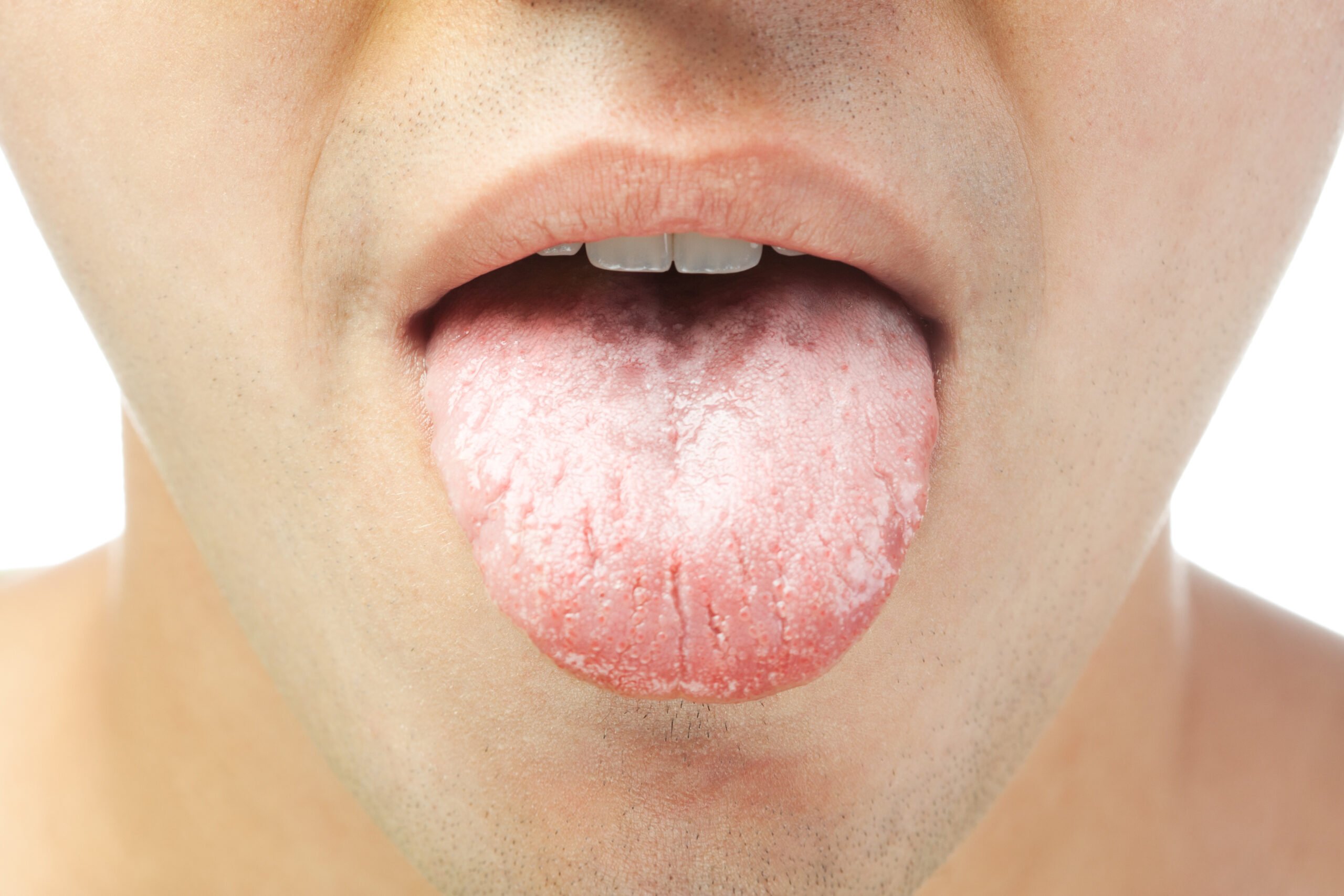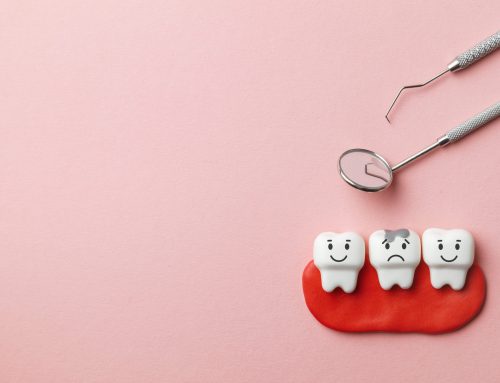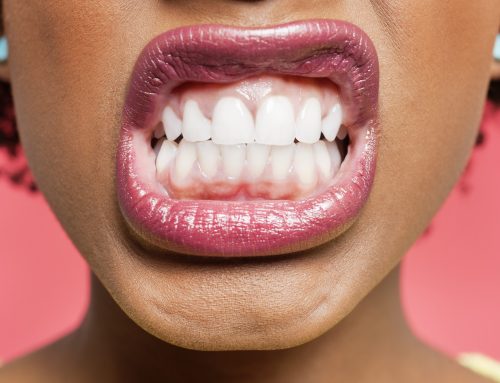Dry mouth, also known as xerostomia, might not be as widely discussed as other oral health issues, but it can significantly impact your well-being. The discomfort and potential complications associated with dry mouth can be challenging to manage, making it crucial to understand its causes, symptoms, and available solutions. In this comprehensive guide, we will explore the world of dry mouth to help you recognize, address, and prevent this common oral health condition.
What Is Dry Mouth?
Dry mouth occurs when your salivary glands don’t produce enough saliva to keep your mouth adequately moist. Saliva is essential for various functions in your mouth, including:
- Lubricating tissues: Saliva keeps your mouth, tongue, and throat moist, making it easier to speak, chew, and swallow.
- Digestion: Saliva contains enzymes that initiate the digestive process by breaking down food.
- Oral health: Saliva helps to wash away food particles, bacteria, and acids, preventing tooth decay and gum disease.
Common Causes of Dry Mouth
Dry mouth, also known as xerostomia, can occur for various reasons. Understanding the potential causes is vital in addressing and preventing this condition. Several factors contribute to the development of dry mouth, including:
1. Medications
Numerous medications, including antihistamines, decongestants, pain relievers, and certain antidepressants, can cause dry mouth as a side effect. It’s essential to discuss any medication-related concerns with your healthcare provider.
2. Health Conditions
Certain medical conditions, such as diabetes, Sjögren’s syndrome, HIV/AIDS, and Parkinson’s disease, can lead to dry mouth. Additionally, radiation therapy for head and neck cancers may damage the salivary glands, causing xerostomia.
3. Dehydration
General dehydration, often due to insufficient fluid intake or specific health conditions, can result in dry mouth. Staying adequately hydrated is crucial for overall health and maintaining normal salivary function.
4. Lifestyle Factors
Habits like smoking or chewing tobacco can contribute to dry mouth. Smoking not only reduces saliva production but also increases the risk of gum disease and other oral health issues.
5. Breathing Through the Mouth
Frequent mouth breathing, especially during sleep, can lead to dry mouth. Breathing through the nose naturally helps maintain saliva flow.
6. Aging
As individuals age, the salivary glands may produce less saliva. This can make older adults more susceptible to dry mouth.
Recognizing the Symptoms
Dry mouth can be uncomfortable and potentially lead to oral health issues if left unaddressed. Recognizing the symptoms of dry mouth is essential for early intervention.
Common signs include:
- Sticky or Dry Feeling: You might notice that your mouth feels dry, sticky, or unusually pasty.
- Frequent Thirst: A persistent need for liquids is a clear indicator of dry mouth.
- Changes in Taste: Dry mouth can alter your sense of taste, making some foods or beverages less enjoyable.
- Difficulty Chewing and Swallowing: A lack of saliva can make it challenging to chew and swallow food comfortably.
- Bad Breath: Reduced saliva can allow bacteria to flourish in your mouth, resulting in bad breath.
- Dry or Sore Throat: A dry mouth often leads to a dry or sore throat, which can be uncomfortable.
- Speech Problems: Speaking clearly may become more difficult with a dry mouth.
- Cracked Lips and Sores: Dry mouth can cause your lips to become cracked, and it may also lead to the development of sores or ulcers in your mouth.
- Increased Cavities: Saliva helps protect your teeth from decay. Dry mouth can increase the risk of cavities and other dental issues.
Managing and Preventing Dry Mouth
Dry mouth can be managed effectively with the right strategies, and there are steps you can take to prevent its occurrence. Consider the following approaches to managing and preventing dry mouth:
Stay Hydrated
Adequate hydration is the first line of defence against dry mouth. Drinking plenty of water throughout the day helps maintain moisture in your mouth. Carry a reusable water bottle with you to ensure you have easy access to hydration.
Oral Rinses and Gels
There are various over-the-counter oral rinses, gels, and sprays specifically designed to combat dry mouth. Consult with your dentist or healthcare provider to determine which product may be most suitable for you.
Humidifier Use
Using a humidifier in your bedroom, especially while sleeping, can help keep the air moist and prevent dry mouth symptoms. A humidifier adds moisture to the air, making breathing easier and reducing the risk of waking up with a dry mouth.
Avoid Irritants
Steer clear of known irritants like tobacco and alcohol, which can exacerbate dry mouth. Smoking and alcohol consumption can contribute to reduced saliva production and overall oral discomfort.
Medication Review
If you suspect that medications are causing your dry mouth, consult your healthcare provider. They may adjust your medication or recommend alternatives with fewer side effects.
Saliva Stimulants
Your dentist can suggest saliva stimulants or medications designed to boost saliva production. These treatments can be beneficial for individuals with chronic dry mouth.
Sugar-Free Gum and Candy
Chewing sugar-free gum or sucking on sugar-free candy can help stimulate saliva flow. These options are convenient and can be used as needed throughout the day.
Good Oral Hygiene
Maintain excellent oral hygiene to reduce the risk of dental complications associated with dry mouth. This includes regular brushing, flossing, and dental check-ups.
Understanding the causes and symptoms of dry mouth is the first step in addressing this common oral health issue. With the right strategies and guidance from your dentist, you can manage and prevent dry mouth, ensuring that your smile remains comfortable, healthy, and moisture-rich. Don’t let dry mouth affect your well-being – take proactive steps to maintain a vibrant and hydrated smile.
For your next cleaning appointment or to inquire more about dry mouth treatment, book an appointment with our friendly dentists at Somerset Dental.
Have you suffered from dry mouth chronically or temporarily? What helped your symptoms? Share your experience with our readers in the comments below.






Leave A Comment